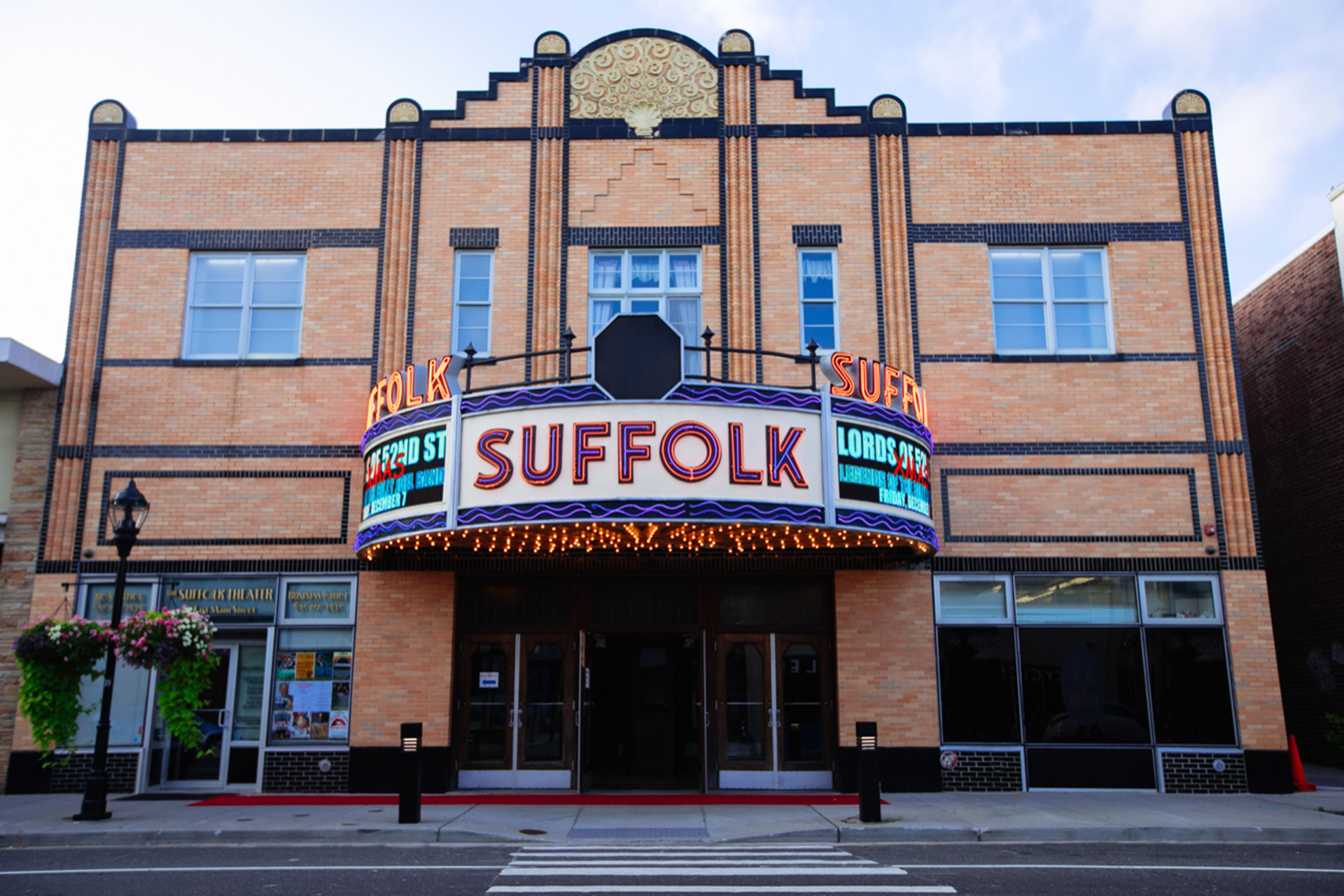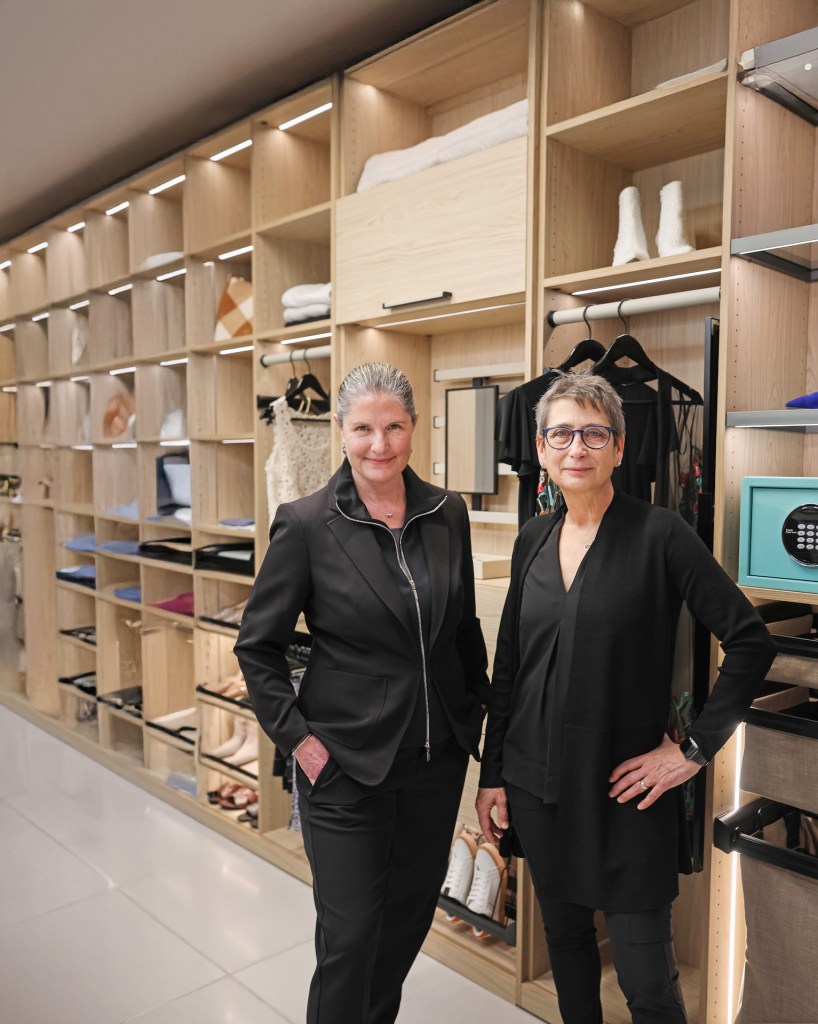Music Venue Staff Worried About Future

East End music venues face a long and painful recovery after New York Governor Andrew Cuomo ordered establishments that host large gatherings be shuttered until further notice to stop the spread of COVID-19. The order for closure came fast and was unexpected.
The wide-reaching consequences are staggering, industry sources said, not only for venue staff, but for complementary workers such as performers, distributors, and food industry workers. Some venues, especially not-for-profits that rely on the generosity of sponsors and government grants, privately worry their businesses will not survive.
“We feel it is our responsibility as a place of community gathering to do our part to assist government, health, and local officials in slowing the spread of this virus,” said Guild Hall Executive Director Andrea Grover and Deputy Director Jeannine Dyner. “As such, we have made the decision to suspend all programs at Guild Hall, including those in the John Drew Theater, the Guild Hall Museum, and our classroom.”
In a letter Guild Hall said it is no stranger to challenges.
“With the love of our community, we’ve served three generations,” read a letter signed by the Academy of Arts President Eric Fischl, an artist. “We opened our doors during the Great Depression, and have operated continuously through economic ups and downs, the hurricane of 1938, World War II, and times of profound loss. But a pandemic is not something we’ve experienced in these 89 years.”
Many public places may have to stay shuttered for months.
“It’s scary,” said Max Honerkamp, whose father purchased The Stephen Talkhouse in 1987. “People have to get paid.”
The tiny bar in Amagansett is considered the East End’s premier music venue, despite its size, and is known for being loyal to its employees, most of whom have been there for decades.
“We had a good summer. We have a little bit to weather the storm,” Honerkamp said. “But things might be tight.”
Honerkamp said three sound men, three door men, three bartenders, and a manager were on the payroll, even now during its slowest season. The task falls on management to take care of them.
“We sell a season pass,” he noted, offering the possibility of incentives by extending the season for those who purchase it now.
Ultimately, most have said, it’s going to come down to financial aid.
“You hope for some kind of funding, credit line,” Honerkamp. “It’s too soon to tell.”
Besides the venue employees are the musicians — both local and national — who have found their source of income come to a sudden halt, many have seen their first job, be it in retail or at a restaurant, become an unviable option as well.
“The whole thing is so unfortunate,” said Anthony Cafaro, the director of marketing for Suffolk Theater. As recently as March 7, the Riverhead landmark was hopping. John Lodge of the Moody Blues performed to a sellout crowd, its restaurant churned out trendy foods like fish tacos, and glasses clinked at the busy bars, upstairs and down.
Westhampton Beach Performing Arts Center initially considered trying to push through, with the size of the venue being smaller than Cuomo’s initial guidelines — 500 people — but had to cancel all programs when gatherings under 10 were banned. Interim director Julienne Penza-Boone was not available for comment, but an employee said to The Independent that she was told the facility would be closed for at least a month.
Bay Street Theater in Sag Harbor is hoping to have an online presence should the closure be an extended one.
“Stay safe and healthy and we hope to see you at one of our virtual events online very soon, and, of course back at Bay Street Theater as soon as we’re allowed to reopen,” an announcement read.
Like many venues, Bay Street has a full refund policy, but is asking ticketholders of cancelled events to “consider donating your tickets back to us and receive a letter of your donation for tax purposes. As you can imagine, this is a difficult time for everyone, but especially artists and all of us who work in the arts. We would be very grateful.”
Sag Harbor Cinema, which burned down in an early morning fire in December 2016, went through a multimillion-dollar fundraising effort for restoration that is near complete, but is now unsure of the future of its early spring grand opening.
The coming months leave establishments in unchartered waters.
Guild Hall employed 56 people, and pays for the services of over 50 small businesses, including newspapers, restaurants, hotels, freelance writers, designers, and photographers.
“Fundamental to Guild Hall’s founding remains the belief that the arts nourish the roots of our society, connect us, and provide an antidote to troubled times,” Fischl said. “If you share these values, please show your support.”
BroadywayHD, an on-demand digital streaming media company based in New York City, is offering a free trial that will allow theater-lovers access to hundreds of vintage plays streamed in their entirety and starring original cast members.
The Metropolitan Opera House will stream a title from its “Live in HD” series each night through the duration of the Met’s closure. Starting at 7:30 PM every night performances can be viewed at www.metopera.org
rmurphy@indyeastend.com



